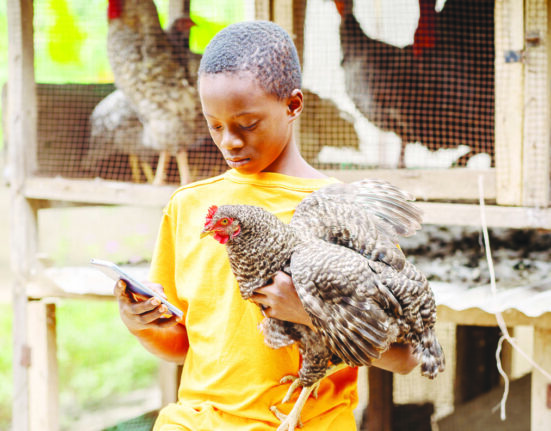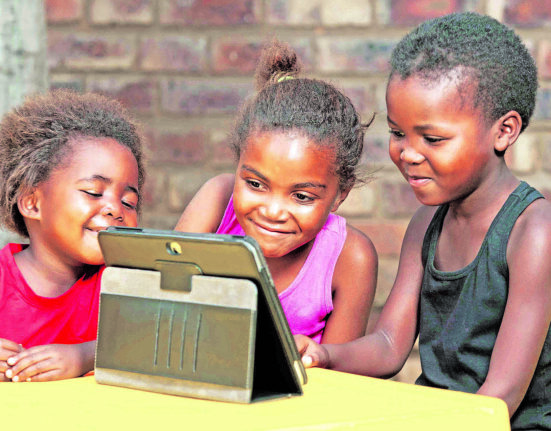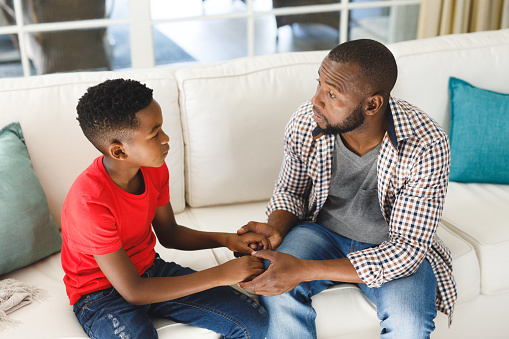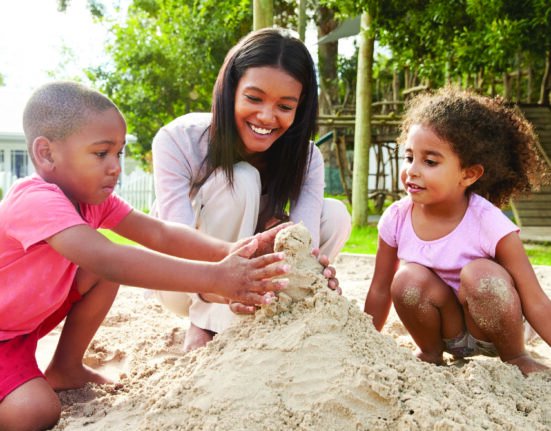By Bob Kisiki
Edgar Stephen Egumbye and I grew up around the same time, in the same locality and went to the same university. Although he was my senior by a couple of years, we became so close that whenever one of us wanted to go home to visit our people, the other would also tag along.
We did almost everything together and the same way, except for one thing: Whenever we got to our little township, I would proceed home, while Edgar would traverse the entire stretch of the three-street township, greeting people; cracking jokes with men, women and children of all ages; buying them cheap drinks and light snacks; inquiring about so-and-so and congratulating parents whose children had got married and commiserating with those who had lost their loved ones.
It would be roughly two hours after we arrived in the township, that Edgar would get home, tired but satiated; feeling like a true homeboy back from elsewhere.
Myself, on the other hand, I would walk through that same township amidst people who greeted me the way they would someone from another district or even tribe; tentatively and with fleeting attention, except for those who imagined that we came from the township’s home of the educated and held us either in some form of awe or ridicule.
And those who held us in ridicule were right, for though we lived in that community, we did not quite fit in. And what was the cause of this? We were never facilitated to become a part of the community we lived in. Yes, we knew the people – I knew the names of almost all the people in the town – but we had no relationship with them. We only related with those who somehow accessed our home – to work, to hold meetings with Mzee, to seek counsel over one situation or other – or those we went to church with, or those we went to school with. We knew where the mosque was, but did not know what the Muslim community was about; we saw crude sugar making mills, but never understood how they operated; we passed the motor garages but did not stand by like other growing children who observed what went on around there and even got to be asked to pass parts to the mechanics. We knew the shopkeepers’ names, and those of the milk vendors and the butchers and clinic owners, but did not know them for the human beings they were. We were in the area, but were not of the area.

Help your children to know and understand and become a part of the community they live in. It is no pride not mingling with the people of the locale where you live. Man is by nature gregarious, and this is not judged or gauged by the family members you surround yourself with.
The more individualistic society becomes, the less humane people become. It is the loss of touch with other people around us that is behind the aggravated robberies, the wanton murders, the harsh political rivalries and all the ills we face today. And what is the cause? Where does it all begin? In the home. In the family. We as parents must deliberately, consciously cause our children to learn the value of community, so they are not strangers to the people around them.
Value of Mingling
Help your children to know, understand and become a part of the community they live in. It is no pride not mingling with the people of the locale where you live. Man is by nature gregarious, and this is not judged or gauged by the family members you surround yourself with.









Leave feedback about this